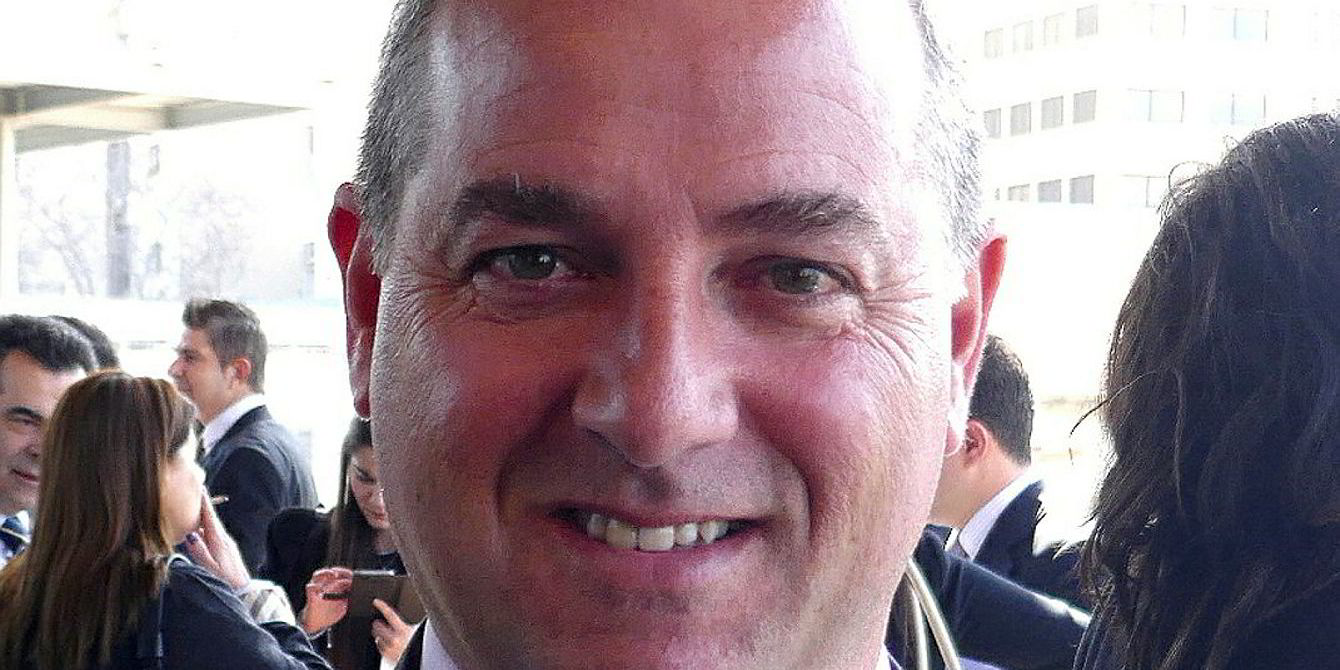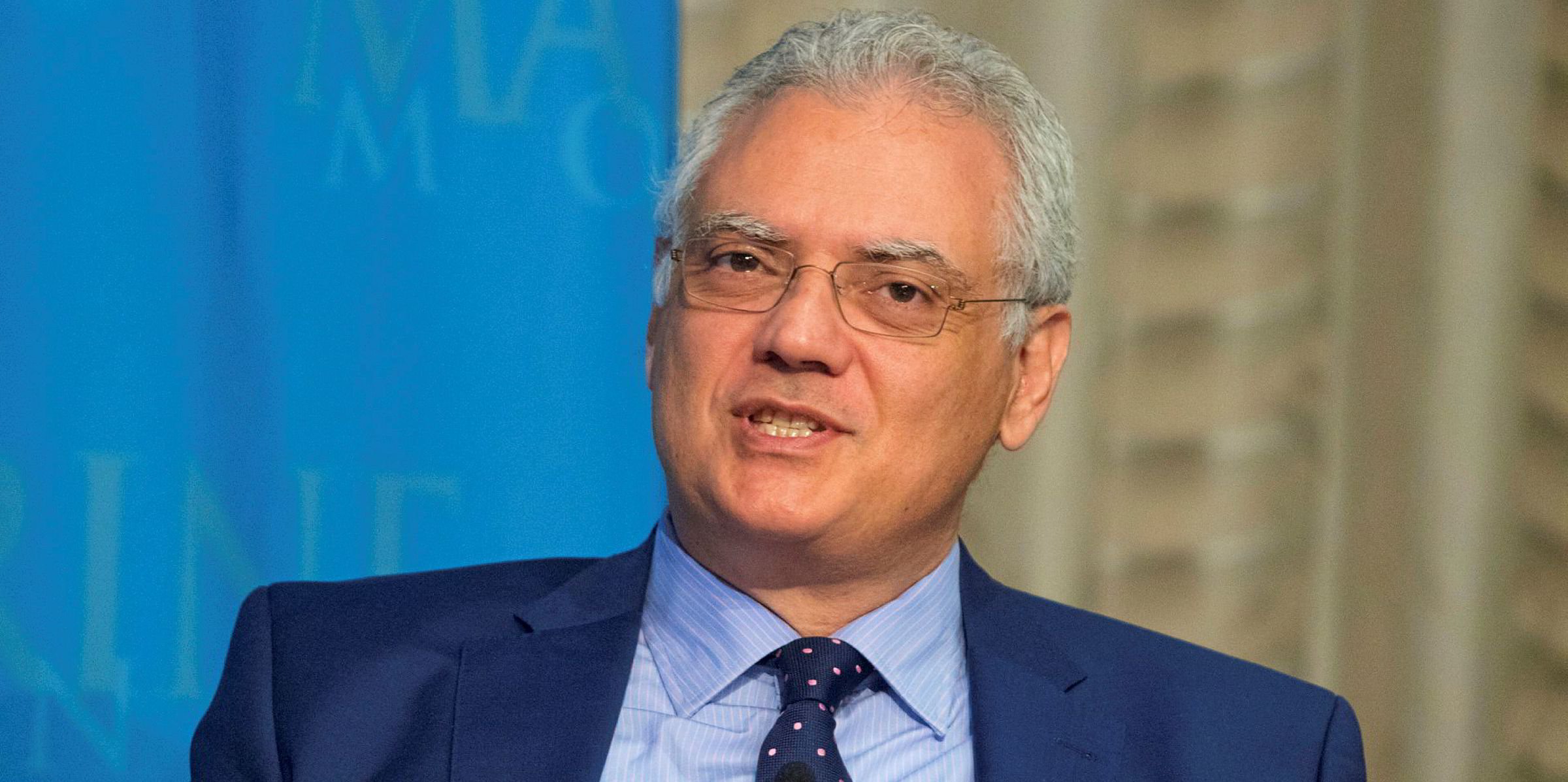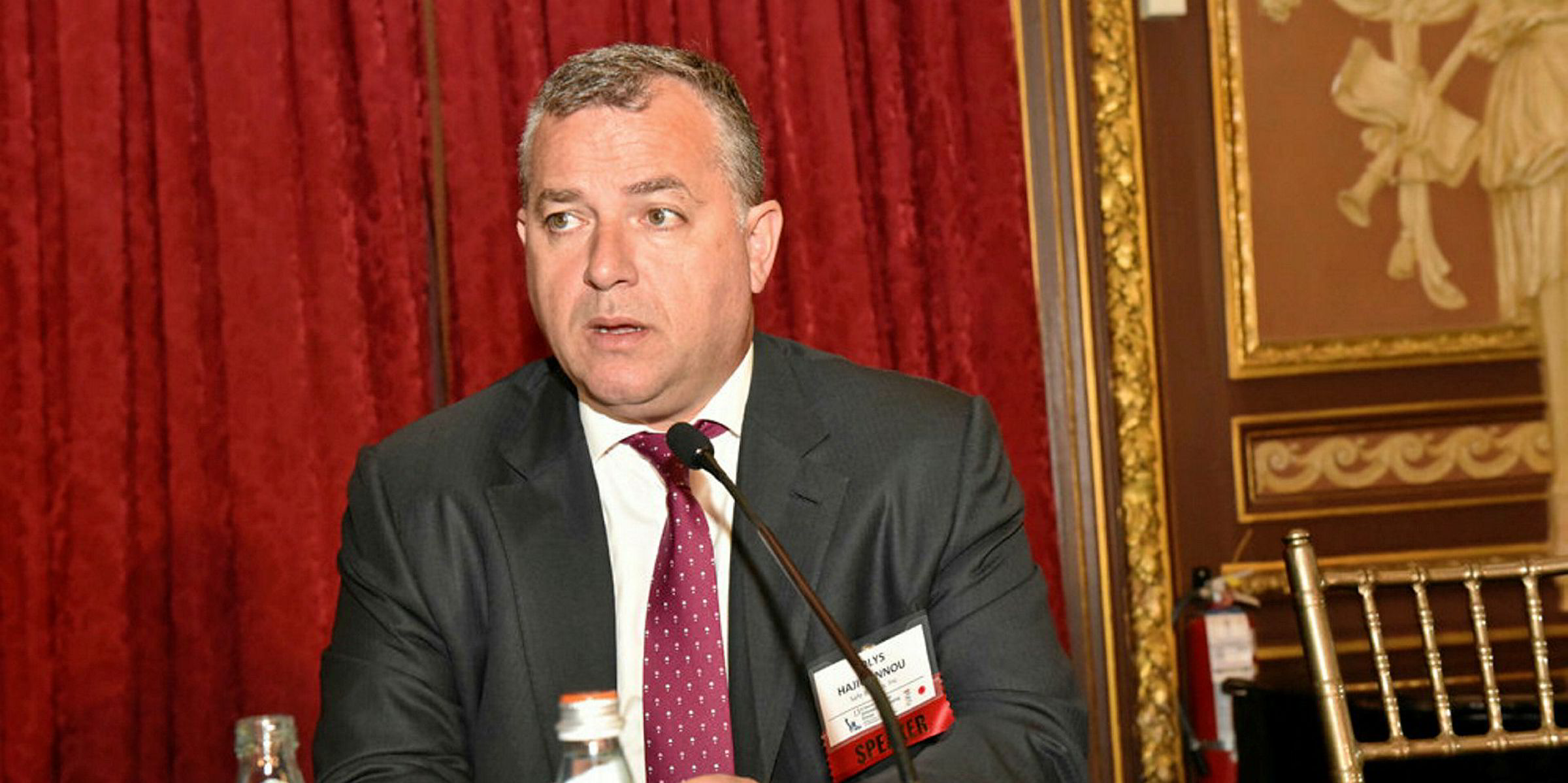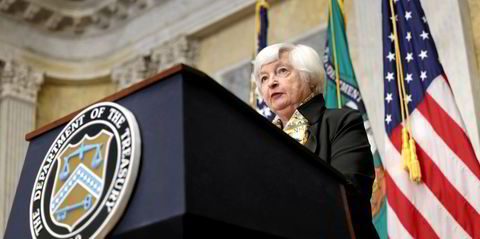Capesize spot rates will improve into 2021 if the coronavirus pandemic does not throw any more curve balls at the dry bulk market, according to Safe Bulkers.
The New York-listed bulker owner's chief executive, Polys Hajioannou, said that rates should hit break-even levels of $15,000 per day in the second half of this year, as long as there's no second wave of Covid-19.
"So, slightly above break-even levels, but as this uncertainty is still there with the pandemic and nobody knows how it will develop, if there's a second round coming or if there's a vaccine that may be produced, a lot will depend on that," he said Tuesday during a first-quarter earnings call.
His comments come after the Baltic Exchange's weighted time-charter equivalent average for capesizes fell from $23,445 per day on 9 December to a low of $1,992 per day on 14 May as Brazil faced virus woes. Rates improved to $8,055 per day on Tuesday, still well below break-even.
'A very strong 2021'
Looking forward, the executive expects further improvements.
"If things get normalised, we expect that we will have a very strong 2021 because the supply of new buildings will be much less than what is this year and demand will be back on track," Hajioannou said.
"So we believe that we should have a good next 18 months if we don't have new surprise from the pandemic."
Athens-based Safe Bulkers expects Atlantic Basin cape rates will improve while more capes stay in the Pacific Basin amid higher Asian iron ore demand.
"During the second half of last year, we enjoyed rates of $35,000 per day on the capesizes," he said.
"This year, we'll be happy this is even we average around $20,000 at the peak of Q3, we will be very happy with these numbers."
Safe Bulkers' shares, which trade on the New York Stock Exchange under the ticker symbol SB, slipped 3.2% to $1.35 by late afternoon Tuesday.
Company president Loukas Barmparis reaffirmed this optimistic outlook on cape rates based on higher iron ore volumes from Brazil.
"If there is no big surprises there and we can maintain the safety of the workers in the mines, we don't get any big surprises from that place, we think that there will be an increased volume of Brazilian iron ore moving to China," he said.
"We see that the demand is there. You see that the price is going up of iron ore is more than $100 a tonne. So we expect the volume of Brazilian iron ore to help the market substantially."






